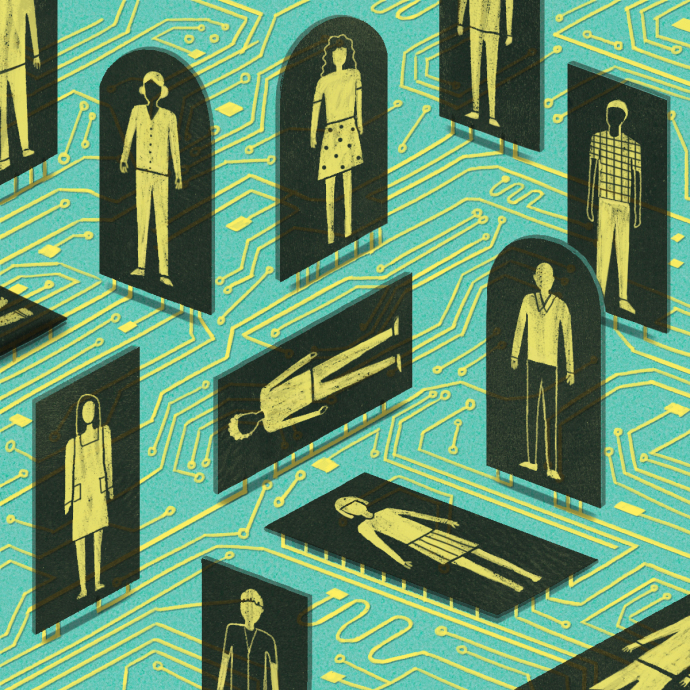A Man With An Internet Pacemaker Walks Into A Bar…
The device in that man’s chest, a life-giving second or third chance at life, might be connected as an Internet Protocol (IP) address to the Internet. Increasingly, pacemakers ARE connected to the web and enable doctors to monitor heart health and other physical attributes of patients. A positive thing? Many if not most patients would think so. But what if that IP address is hacked by someone living in Kiev, Tehran or maybe Peoria? That someone, that hacker, might be able to jolt that man’s heart, causing pain, suffering or even death.
This is NOT fiction, according to Mark Goodman, a longtime security and anti-terrorism advisor, and author of “Future Crimes: Everything Is Connected, Everyone Is Vulnerable and What We Can Do About It”.
Although Goodman breezily takes readers through numerous pitfalls of our increasingly connected age — terrorist war rooms, networks and entire cities — he proposes measures to protect ourselves against hacktivists (at least the bad ones), and challenges governments and companies to create another Manhattan Project, but this time for widespread cyber-security.
Goodman excoriates politicians and CEOs alike for not speaking about threats these people well know. According to Goodman, it takes the average company 211 days AFTER cyber-security threats have already occurred to be aware of any system hacking. Consider only recent major hacks of Sony, Target, AOL and JP Morgan Chase, and you get an idea of the scope — now and in the future — of the problem.
If our cyber-security problems are as small as a golf ball right now, Goodman says consider the Sun as our comparative obstacle in the future. Stay vigilant, take charge and, Goodman advises, “get intentional” about the security of the Internet of Things — and of People.
Greg Goaley, President of WinCommunications in Des Moines, Iowa, is a former copywriter and creative editor, and a 25-year digital content strategist and provider. Kathryn Towner is President of WinM@il USA, a former 15-year sales rep for Random House/McGraw-Hill, and a 20-year permission-based email publications consultant and provider.

